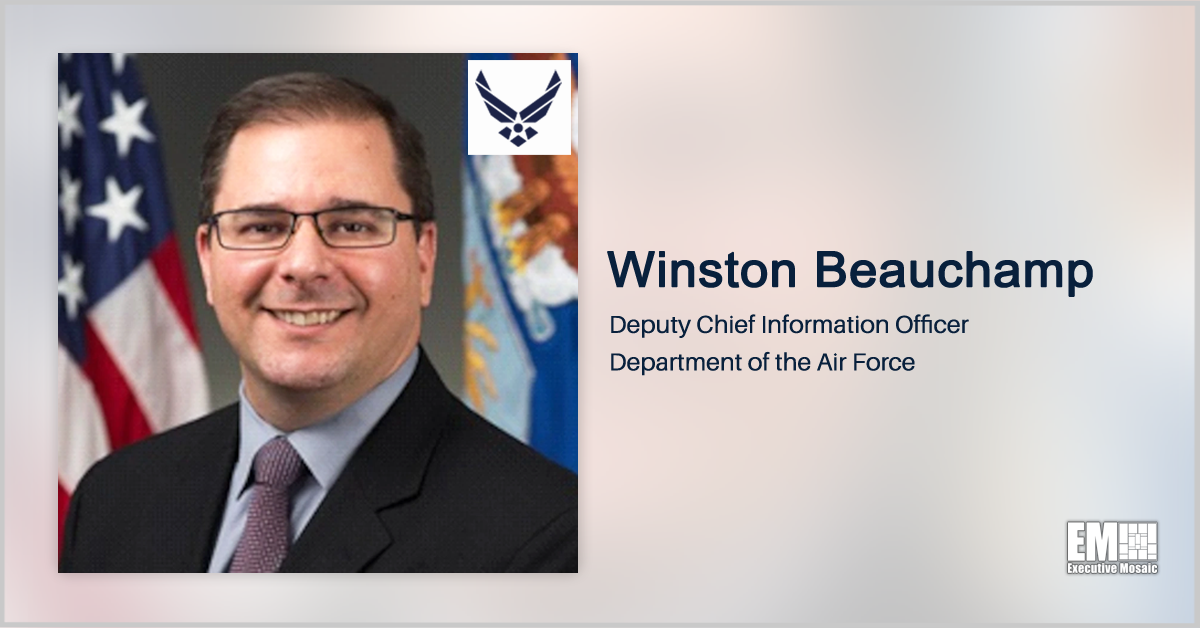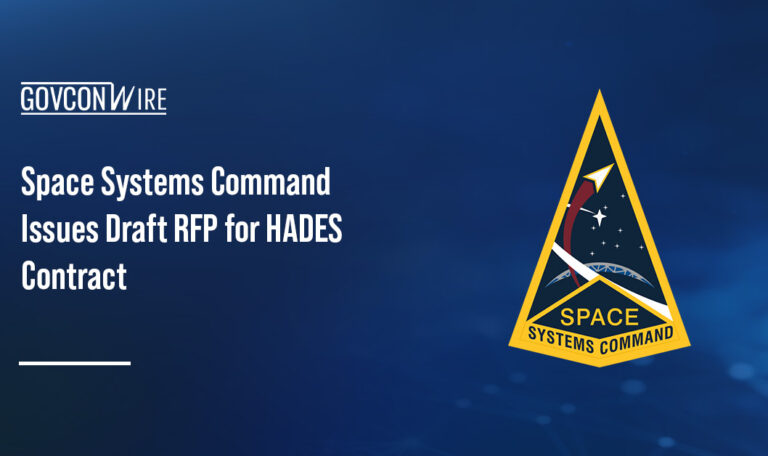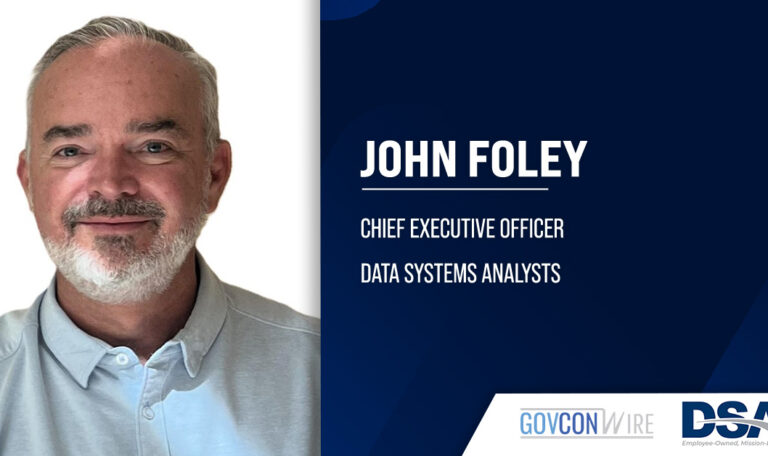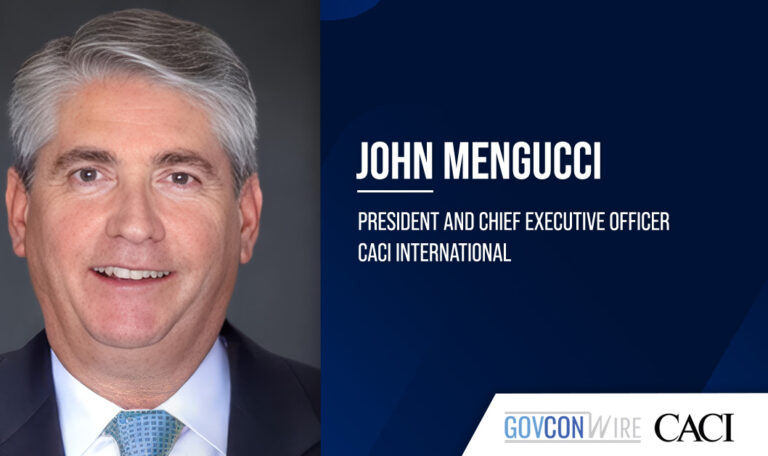The U.S. Air Force has made considerable progress in areas like its adoption of zero trust and the development of an enterprise data fabric, but the service branch still has work to do in transforming its networks and moving its data centers to the cloud.
Currently, the Air Force is leading the way in the Department of Defense’s zero trust implementation, according to Winston Beauchamp, deputy chief information officer for the Department of the Air Force.
“We’ve had a pilot going for the past couple of years, and we’ve now advanced that pilot to the point where we’ve developed a capability and network compliance that allows us to provide a level of protection at the cloud data access point,” Beauchamp said of the service’s progress on its zero trust framework and strategy.
The Air Force is now conducting demonstrations with Pacific Air Forces, or PACAF, to install these zero trust capabilities within their existing architecture to understand what changes need to be made, noted Beauchamp during GovCon Wire Events’ Second Annual Air Force: IT Plans and Priorities Forum.

Beauchamp said the demonstrations will help the service make “modifications to the systems that host the data so they can protect the data where it is instead of trying to protect the network at the boundary.”
Additionally, the Air Force is undergoing a landmark effort to integrate and centralize its disparate data that has previously been “managed entirely separately.” With the establishment of the Air Force’s data office, the service is making notable strides in creating a secure, enterprise-wide data fabric.
“We have now a cooperative effort underway between the data office and the CIO’s office so much so that we’re working on integrating the two into one,” Beauchamp explained. The Air Force is now working to identify a set of standards that will allow data to be interoperable and more centrally managed.
One particular area in which the Air Force needs improvement, Beauchamp said, is its networks.
“We’re not just talking about a network that has to send your emails and be available for you to enter your timecard,” explained Beauchamp. “The global network that we operate on at multiple security levels is also going to be the global network that we fight on, and that means we need to have the performance available that allows us to understand what’s going on around the world, move command and control data around where it needs to be and close kill chains at machine speed.”
This effort will require “significant improvements” like the removal of bottlenecks and the folding of enclaves back into primary networks, among other actions, in order to achieve a full transformation.
Another area that the Air Force needs to address is the migration of data centers to the cloud. Beauchamp said the service has a project in place, called “Domino,” which finds applications that live in disparate data centers and incentivizes people to move that data to the cloud.
Right now, Beauchamp shared, “it costs people more to move into the cloud because we subsidize the types of software applications and enterprise licenses required to live in a standalone data center through our enterprise license agreements, but we charge them for cloud services.”
“We need to reverse that equation so that people will have a positive incentive to move to the cloud and they understand what the true cost of operating a system is,” he proposed.
Visit GovCon Wire to watch Winston Beauchamp’s full keynote address on-demand and see the platform’s full calendar of upcoming events.

Hear from the top Air Force leaders during the Potomac Officers Club’s 2022 Air Force Forum on July 26. Air Force Secretary Frank Kendall is confirmed to keynote the highly-anticipated in-person event. Registration is now open!
















